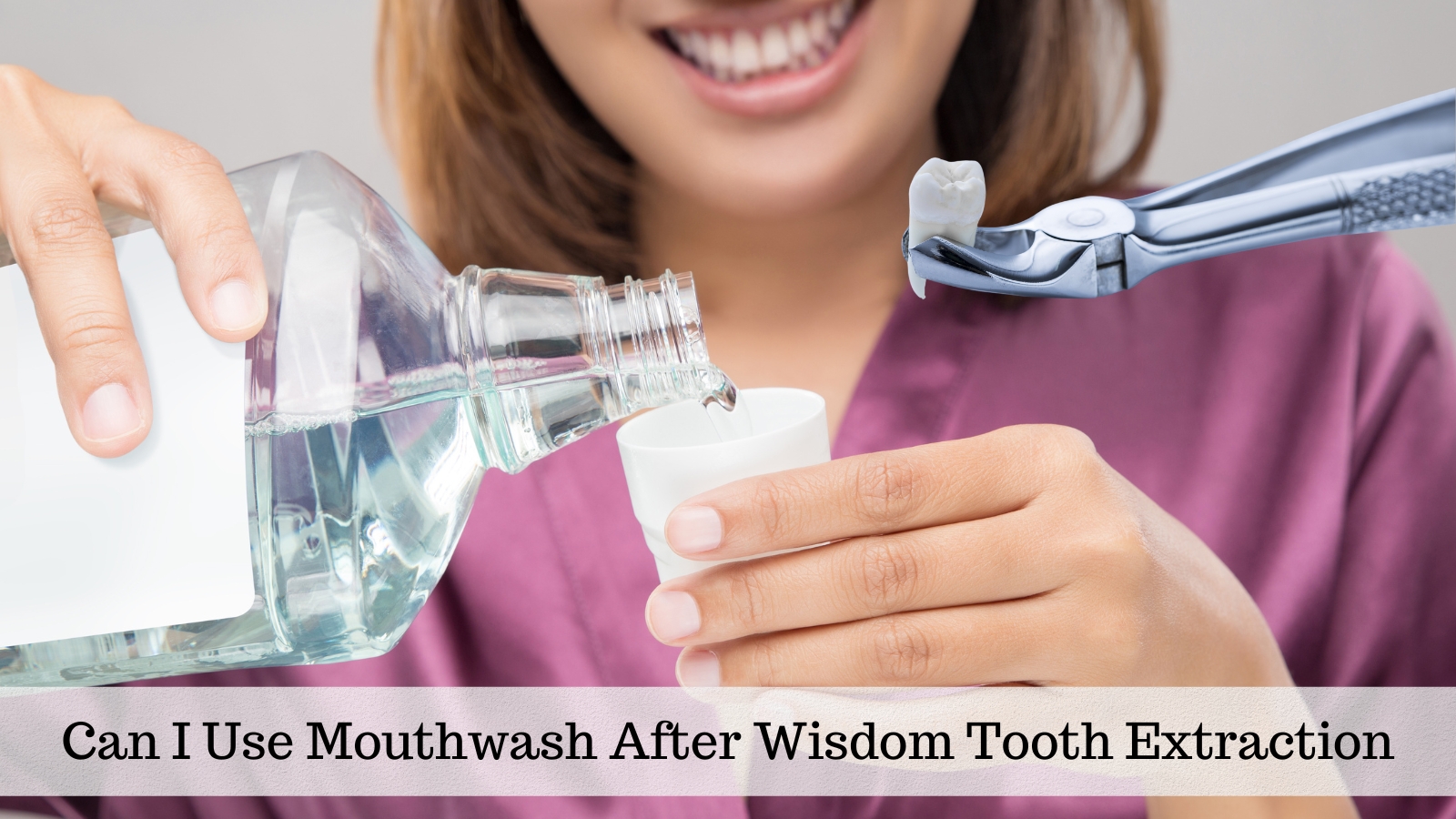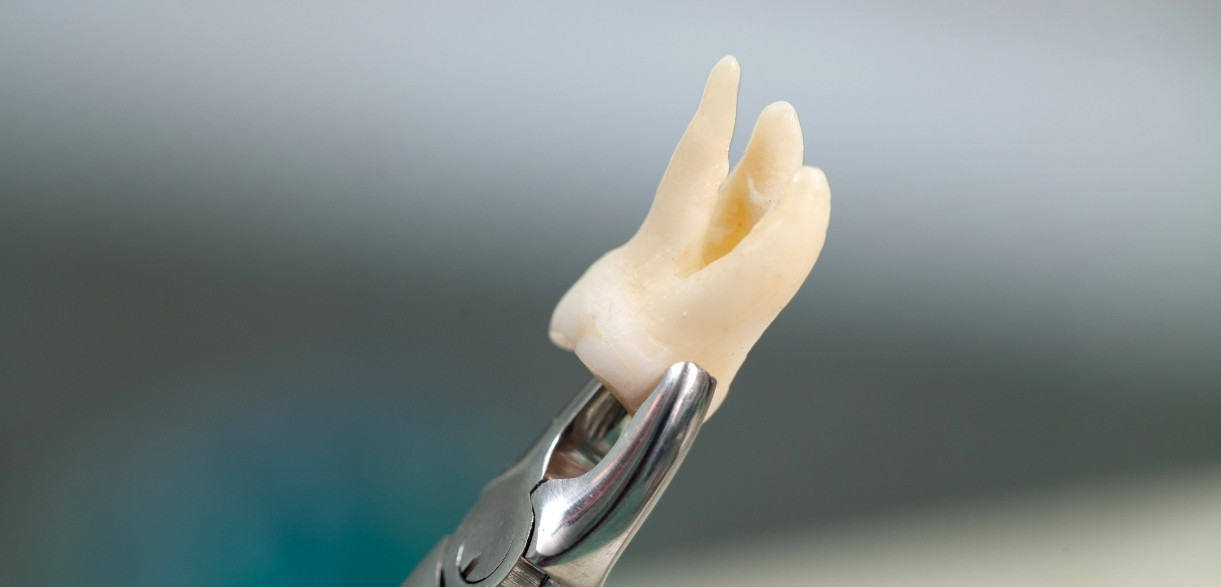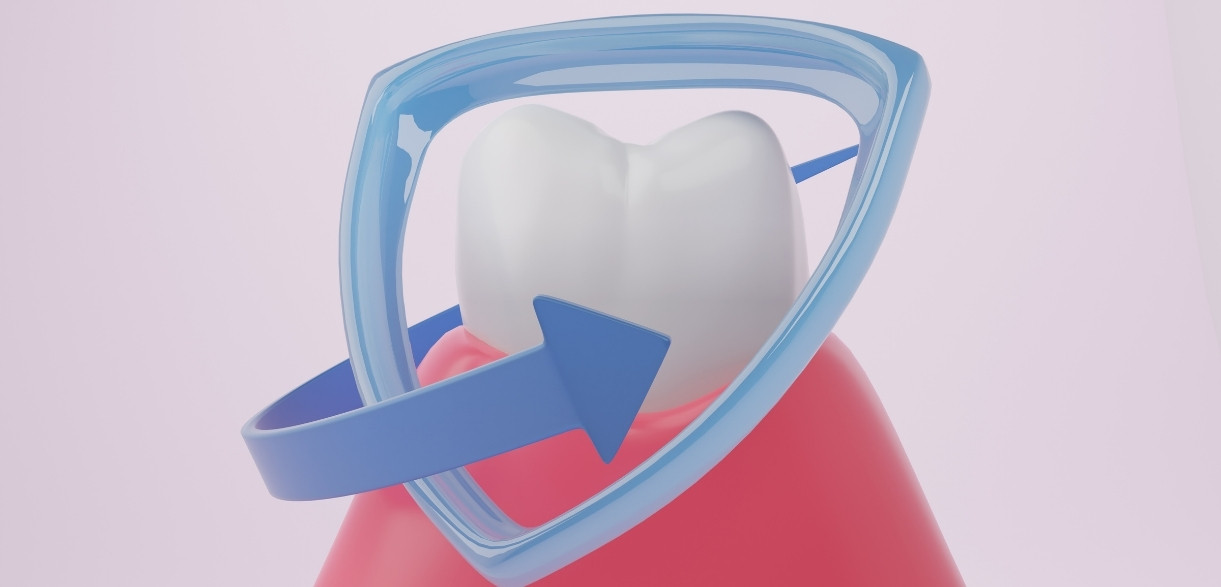Brentwood: (615) 235-1966

Can I Use Mouthwash After Wisdom Tooth Extraction?
Brentwood and Lewisburg, TN

Many people experience wisdom tooth removal at some point. While the surgery can be quick, the aftercare is crucial for a smooth recovery. One common question is whether they can use mouthwash after wisdom tooth removal. The short answer is yes—but not immediately. Knowing when and how to introduce mouthwash can greatly affect your healing process.
Why Is Post-Extraction Care So Important?
Healing after wisdom tooth extraction is all about protecting the surgical site. When the tooth is removed, your body needs time to form a blood clot over the empty socket. This blood clot acts like a natural bandage, shielding the bone and nerves underneath. Disturbing this clot too soon can lead to complications like dry socket, which is painful and can delay recovery.
While swishing some mouthwash for a fresh feel might be tempting, you must wait a bit. The wrong timing or technique could wash away the blood clot, which is the last thing you want. Let’s break down the best practices and guidelines for using mouthwash post-extraction.
When Can You Safely Use Mouthwash After Wisdom Tooth Removal?
After your wisdom tooth removal, your dentist will likely give you instructions on caring for your mouth. Typically, the first 24 hours are critical. During this time, you should avoid rinsing your mouth altogether. Instead, focus on resting, hydrating, and allowing your body to start the healing process.
After the first day, you can begin gentle rinsing—just not with mouthwash. Dentists often recommend using warm salt water, as it’s soothing and helps reduce bacteria. Mix half a teaspoon of salt into a glass of lukewarm water and gently swish around your mouth, but avoid spitting forcefully.
Mouthwash, especially alcohol, should be avoided for at least a week after surgery. Alcohol can irritate the sensitive tissues in your mouth and may disrupt the healing process. Once you’ve passed that one-week mark, you can consider using a mouthwash again—preferably one that’s alcohol-free and designed for post-surgery care.
Choosing the Right Mouthwash for Healing
When you’re finally ready to reintroduce mouthwash into your routine, choosing the right type is important. Not all mouthwashes are created equal, and after a wisdom tooth extraction, you want to be extra cautious about what you use.
Look for alcohol-free mouthwashes that are gentle on your mouth. Some mouthwashes are specifically formulated for post-surgical care, containing ingredients that soothe the gums and aid healing. Products with antibacterial properties can also be beneficial, as they help keep the surgical site clean without irritating.
Your dentist might even recommend a prescription mouthwash with chlorhexidine, an antiseptic agent that helps prevent infection. If that’s the case, follow their instructions carefully and use the prescribed amount.
How to Properly Use Mouthwash After Wisdom Tooth Surgery
Even when you’ve waited long enough to use mouthwash safely, you should still be cautious about how you use it. The key is to be gentle.
Start with a small amount of mouthwash, and swish it around your mouth very lightly. You don’t want to create too much pressure, especially near the extraction site. Swirling too vigorously can disrupt healing, even a week after surgery.
Avoid using mouthwash as a replacement for saltwater rinses early on. Saltwater remains your best friend for the first week or so, helping to keep things clean without the risk of irritation. Mouthwash should complement your oral care routine, not take over completely. And, of course, continue brushing and flossing your teeth carefully, staying away from the surgical area until it’s fully healed.
Other Essential Tips for a Speedy Recovery
Using mouthwash isn’t the only part of recovery you should consider. Wisdom tooth extraction comes with a few important dos and don’ts, especially in the first week. Let’s explore some essential tips to ensure you heal comfortably and quickly.
1. Stick to Soft Foods
Your diet should consist of soft, easy-to-eat foods for the first few days. Think mashed potatoes, yogurt, applesauce, and smoothies (skip the straw!). Hard or crunchy foods can get stuck in the extraction site, and chewing too much might disturb the healing clot.
2. Stay Hydrated, But Carefully
Drinking plenty of water is key to staying hydrated, which aids your body’s healing process. However, avoid sipping through a straw, as the suction can dislodge the blood clot and cause a dry socket. Stick to sipping directly from a glass to keep things safe.
3. Manage Pain Without Overdoing It
You’ll likely experience some discomfort after your wisdom tooth extraction, which is normal. Over-the-counter pain relievers can help manage this, but follow your dentist’s guidelines. Ice packs on your cheek can also reduce swelling during the first 24 to 48 hours.
4. Avoid Smoking and Alcohol
If you smoke, now might be a good time to take a break. Smoking can slow healing and increase your chances of getting a dry socket. Alcohol is another no-go for the first week, as it can interfere with both healing and any medication your dentist prescribed.
5. Follow Up with Your Dentist
Remember to schedule a follow-up appointment with your dentist. They’ll want to check the healing progress and ensure everything looks good. If you notice any unusual pain or signs of infection, don’t wait—contact your dentist immediately.
While jumping back into your normal routine after a wisdom tooth extraction might be tempting, patience goes a long way. Using mouthwash is just one part of your overall recovery plan, and knowing when to introduce it is crucial for avoiding complications.
Wait the proper amount of time, choose the right products, and use them correctly, and you can ensure a smoother, more comfortable recovery. Combine these strategies with good oral hygiene, and your mouth will return to normal in no time.
Remember: when in doubt, ask your dentist for guidance. Every mouth heals differently, and your dental professional will be able to provide the best advice tailored to your specific situation.





